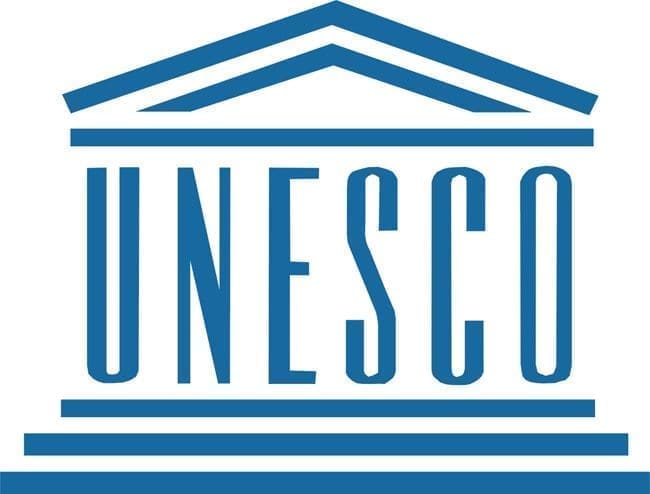
The United Nations Educational, Scientific and Cultural Organisation (UNESCO) has called on Ghana to fast-track the adoption of national book, reading and textbook procurement policies to unlock the country’s potential within Africa’s publishing sector.
A speech delivered on behalf of Edmond Moukala, UNESCO Head of Office in Accra, at the 48th Annual General Meeting (AGM) of the Ghana Publishers Association (GPA) emphasized that strong policy frameworks can transform publishing into a catalyst for literacy, culture and economic growth.
Africa’s publishing sector currently contributes 5.4 percent of global revenue, but UNESCO officials believe the continent’s potential remains largely untapped. With proper reforms, the sector could grow to US$18.5 billion across Africa.
Ghana’s publishing industry shows promising economic indicators. A 2023 report from the Ghana Book Development Council (GBDC) revealed that printing firms generated GH₵151.8 million in revenue from book printing for the domestic market. Export sales of hard-copy books reached GH₵163.4 million, with textbooks accounting for GH₵122.9 million of that total.
Market forecast data from Statista projects the country’s book market will reach GH₵165.3 million in revenue by 2025. However, comprehensive data on the sector’s contribution to national Gross Domestic Product (GDP) remains unavailable.
UNESCO views publishing as more than commerce, describing it as a cornerstone of cultural expression, literacy and lifelong learning. The organization noted that aligned with coherent policies, the sector creates an enabling environment where talent, innovation and investment can flourish while supporting education reforms and stimulating the creative economy.
Asare Konadu Yamoah, GPA president, told the Business and Financial Times that the industry faces challenges due to absent policy guidelines. Despite the sector’s vital role in education and national development, systematic policies remain lacking.
“Unfortunately, we have taken the book business for granted even though it plays a pivotal role in education and the country’s progress,” Yamoah stated. He explained that without clear policies, publishers struggle to access funding and support from financial institutions.
Yamoah urged collaborative efforts between the Ministry of Education, government and industry stakeholders to create and implement policies promoting procurement, distribution and a reading culture nationwide. He emphasized that publishing continues to be a major job enabler, directly and indirectly supporting printers, designers, writers and educators.
The GPA president addressed concerns about Artificial Intelligence (AI) threatening the industry, arguing instead that technology brings vast opportunities and enhances content creation, distribution and knowledge access.
“Publishers are not threatened by digital advancement but will rather leverage it to transform the sector,” Yamoah explained. “The publishing industry cannot be extinct, that would mean education is finished.”
He acknowledged that technological innovations have significantly improved publishing workflows from writing and editing to digital dissemination, making the industry more efficient and creating new opportunities.
However, Yamoah maintained that developing robust policy frameworks to guide and protect the industry represents a bigger game-changer than embracing AI alone. The Association has committed to working with relevant stakeholders on designing comprehensive national publishing policies covering book marketing, financial support systems, intellectual property rights and procurement.
The United Kingdom’s publishing sector demonstrates the economic potential, with books and journals adding £7.8 billion to the economy and supporting 70,000 jobs, according to UNESCO figures cited at the AGM.
